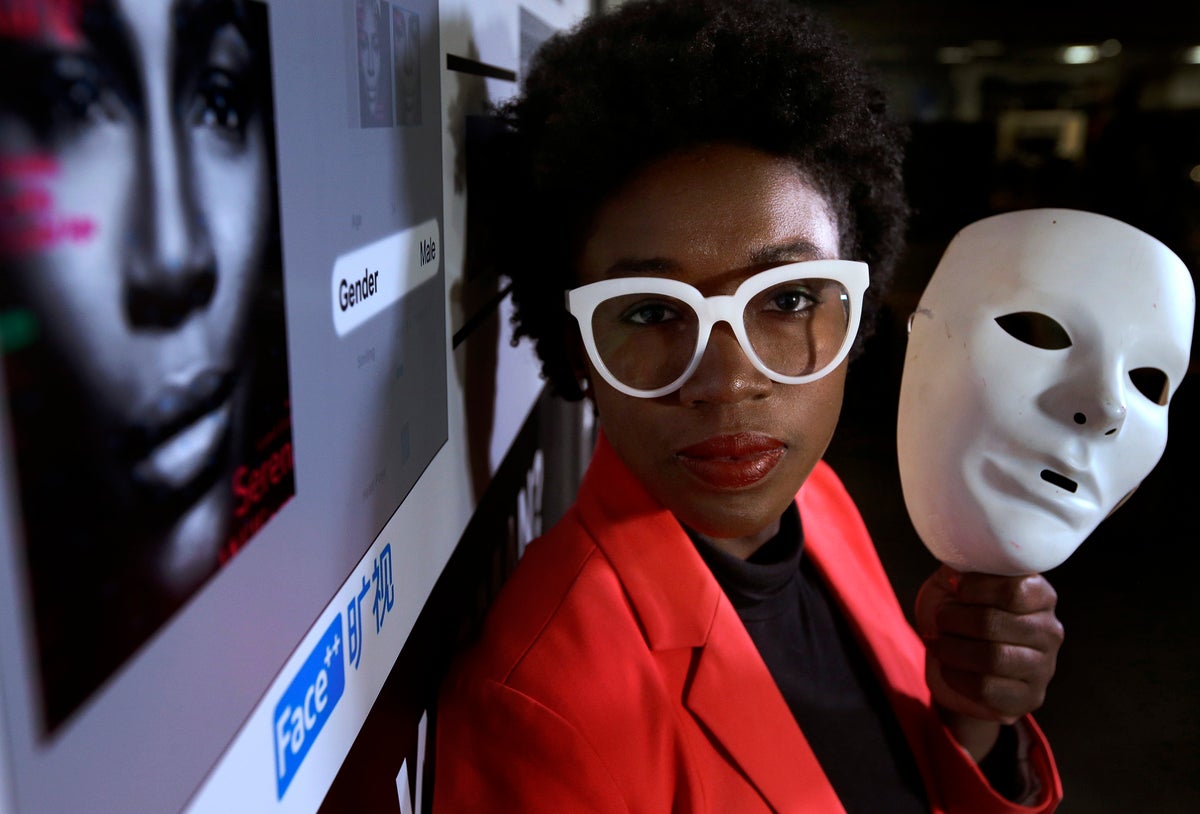
Louisiana authorities’ use of facial recognition technology led to the mistaken-identity arrest of a Georgia man on a fugitive warrant, an attorney said in a case that renews attention to racial disparities in the use of the digital tool.
Randall Reid, 28, was jailed in late November in DeKalb County, Georgia, The Times-Picayune/The New Orleans Advocate reported.
His attorney, Tommy Calogero, said authorities erroneously linked Reid to purse thefts in Jefferson Parish and Baton Rouge. Reid, arrested on Nov. 25, was released Dec. 1.
Reid is Black, and his arrest brings new attention to the use of a technology critics say results in a higher rate of misidentification of people of color than of white people.
“They told me I had a warrant out of Jefferson Parish. I said, ‘What is Jefferson Parish?’” Reid said. “I have never been to Louisiana a day in my life. Then they told me it was for theft. So not only have I not been to Louisiana, I also don’t steal.”
Calogero said Reid was falsely linked to the June theft of luxury purses from a consignment shop in Metairie, a New Orleans suburb in Jefferson Parish.
A Baton Rouge Police Department detective then adopted the Jefferson Parish Sheriff's Office's identification of Reid to secure an arrest warrant alleging he was among three men involved in another luxury purse theft the same week, court records show, according to the newspaper.
Differences, such as a mole on Reid’s face, prompted the Jefferson sheriff to rescind the warrant, said Calogero, who estimated a 40-pound difference between Reid and the purse thief in surveillance footage.
Jefferson Sheriff Joe Lopinto’s office did not respond to several requests for information from The Times-Picayune/The New Orleans Advocate on Reid’s arrest and release, the agency’s use of facial recognition or any safeguards around it.
The agency did not immediately respond to a request, emailed Monday by The Associated Press, for comment on the story and information on the use of the technology.
Reid's case brings renewed attention to the use of facial recognition tools in Louisiana and elsewhere.
Facial recognition systems have faced criticism because of their mass surveillance capabilities, which raise privacy concerns, and because some studies have shown that the technology is far more likely to misidentify Black and other people of color than white people, which has resulted in mistaken arrests.
Police in New Orleans say facial recognition can be used only to generate leads and that officers must get approval from department officials before lodging a request through the Louisiana State Analytic and Fusion Exchange in Baton Rouge. Under the latest city rules, all possible matches must undergo a peer review by other facial recognition investigators.
Legislation to restrict the use of facial recognition statewide died in a 2021 legislative session.







